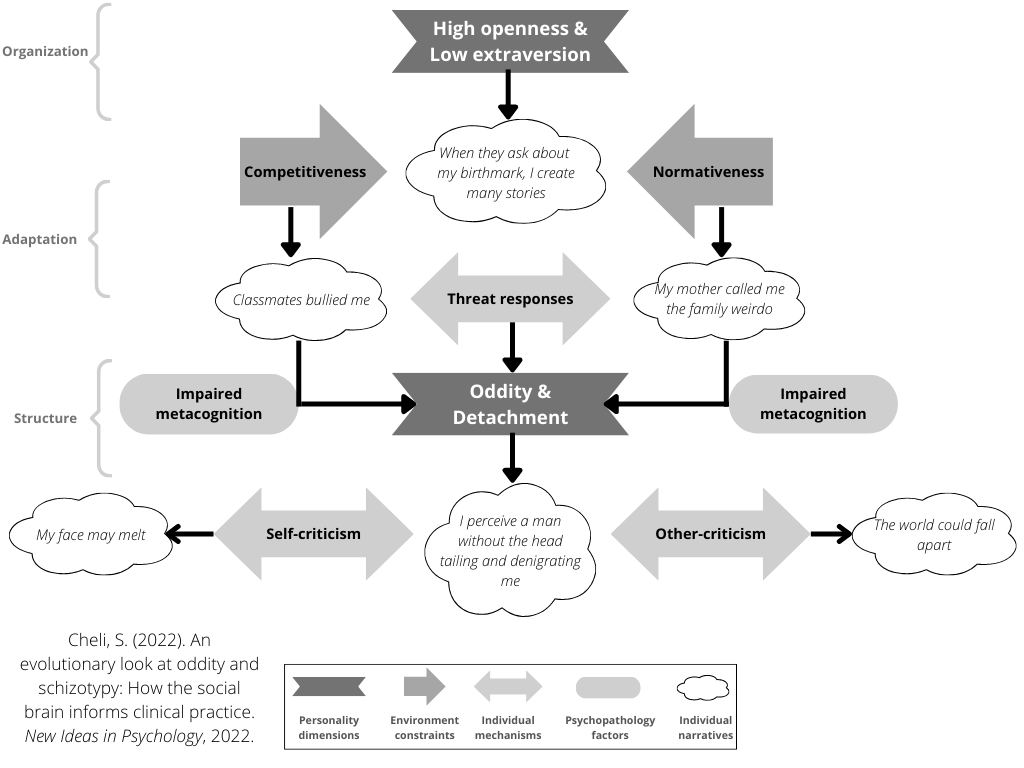Two new studies registered at our lab! The main goal of Evolution & Personality Lab is to investigare personality and its pathology through the lens of evolutionary psychology and psychopathology. Consistently with this goal and ongoing studies, we registered two research protocols.
The first study is aimed to validate cross-culturally the evolutionarily informed conceptualization model we have worked on in the last few years. The protocol has been registered on ClinicalTrials.gov and comprises three studies involving teams from USA, Italy, Spain, Poland, China: (i) to explore the inter-rater reliability of the model in therapists; (ii) to explore the acceptability by therapists and patients; (iii) to explore the cross-cultural and cross-theoretical validity of training and application of the model. We hope this project will confirm that our model can be used within different cultural contexts and by clinicians with different therapeutic backgrounds.
The second study is aimed to explore the clinical utility of the three interpersonal styles and dynamics we have tested in a previous trial. In a recently concluded study we found that patients with personality pathology may show three prominent interpersonal styles that would correspond to the three main spectra of psychopathology: perfectionistic style and internalizing spectrum; antagonistic style and externalizing spectrum; schizotypal style and reality impairing/psychosis spectrum. The methodology used was potentially biased (patients were forced to chose only one style through a dummy variable). In this new study (registered on OSF) we used de-sitgmatizing labels for the three styles and offer a continuous Likert-type scale.
These two new studies registered on ClinicalTrials and OSF will better describe the clinical utility of our protocol for conceptualizing and treating personality pathology: namely, Evolutionary Systems Therapy. This protocol may be hopefully useful not only as and independent treatment. We are not that interested in proving what we do is good! It would be more important to show how an evolutionarily informed conceptualization may support different kinds of treatments (we are involving colleagues from a variety of background: psychodynamic, integrative, humanistic, cognitive, etc.) and may be reliable in spite of the different cultural background and interpersonal style of the patient.




